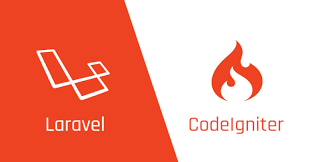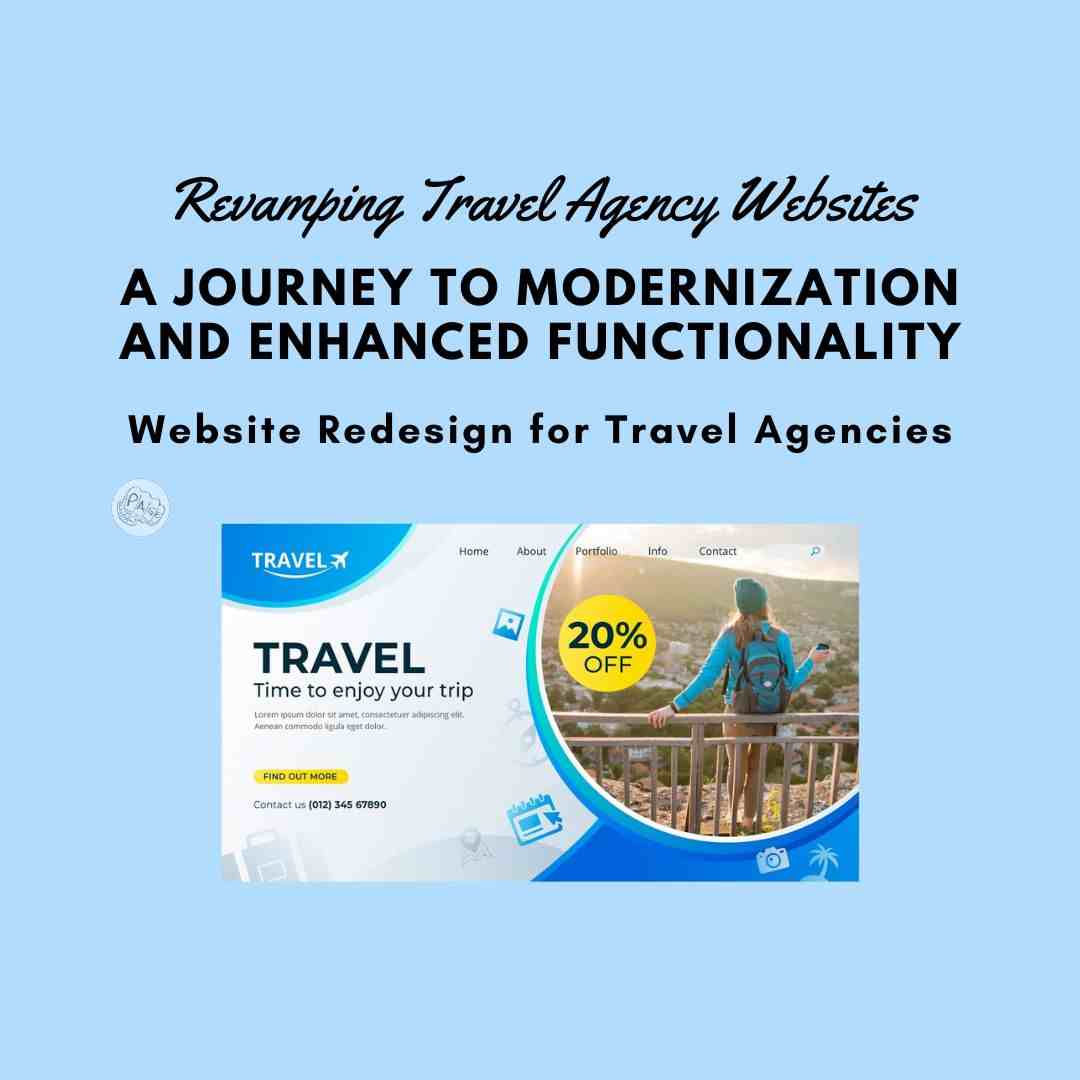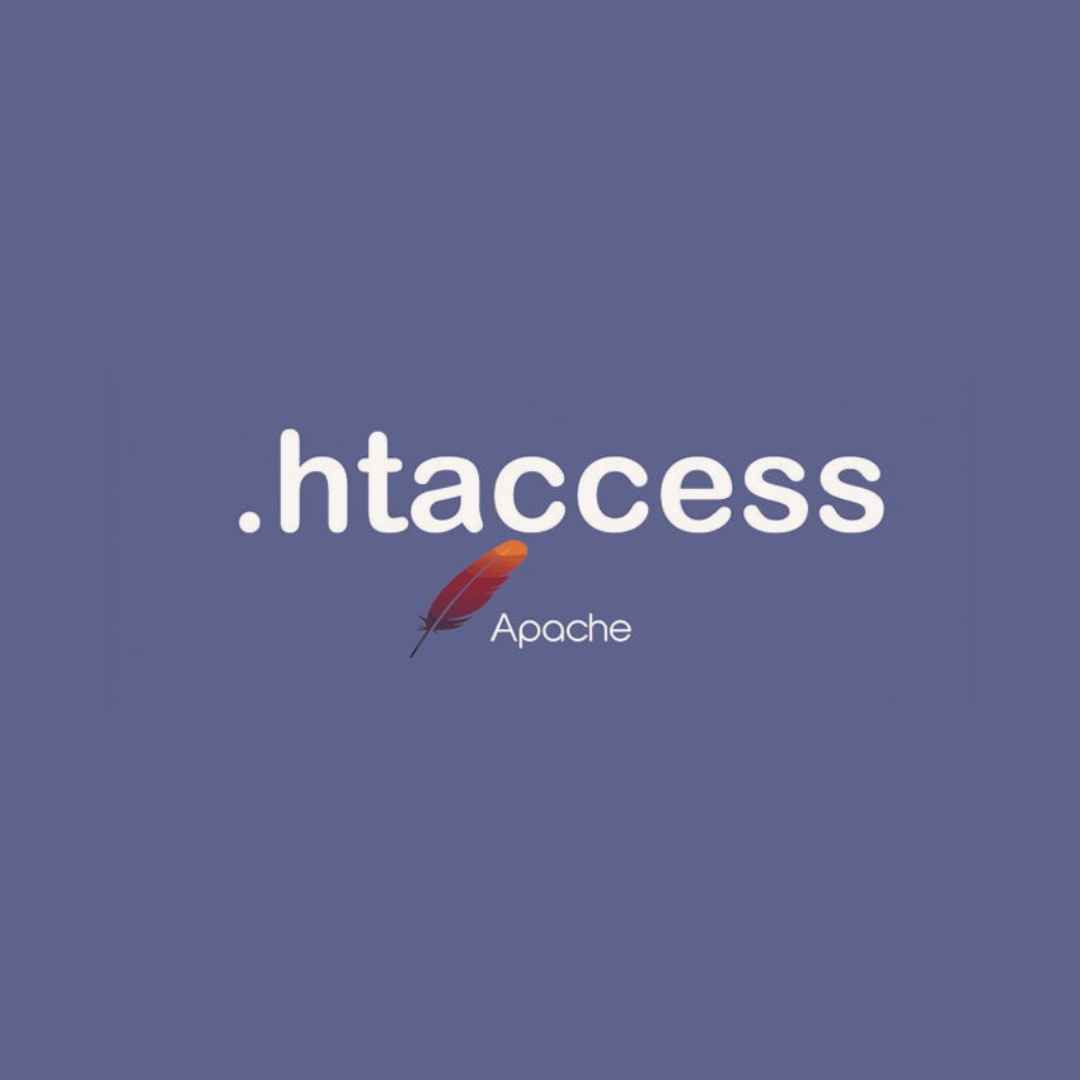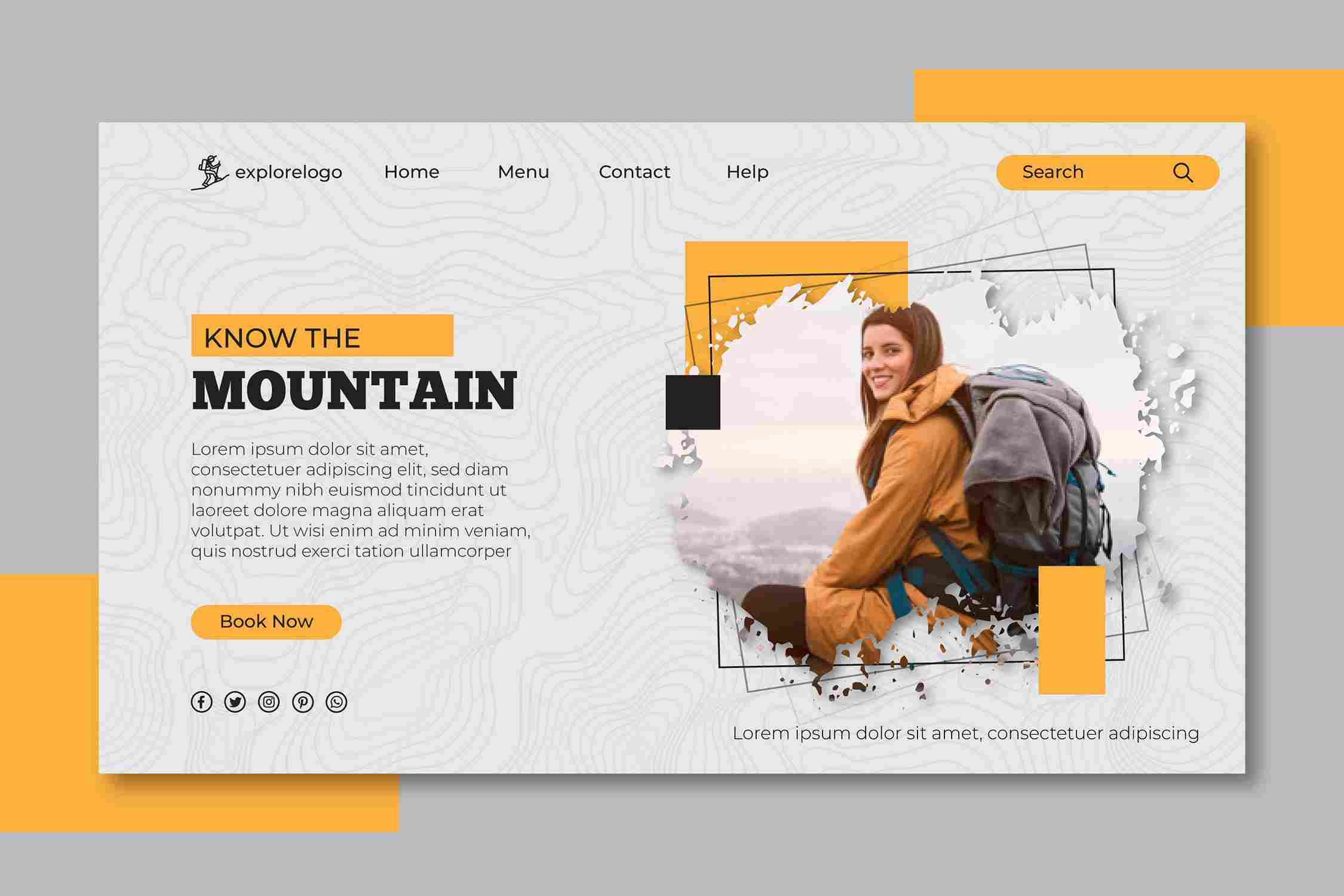Full-Stack vs MEAN Stack vs MERN Stack: The Right Technology Stack for You in 2024
Explore the differences and advantages of Full-Stack, MEAN Stack, and MERN Stack for web development in 2024. Make an informed decision to ensure the success of your projects.
In the ever-evolving landscape of web development, choosing the right technology stack is a critical decision that can significantly impact the success of your projects. As we look ahead to 2024, it's essential to stay on the cutting edge of web development to remain competitive in the digital realm. To help you make an informed decision, we'll dive deep into the differences and advantages of Full-Stack, MEAN Stack, and MERN Stack, three popular choices in the world of web development.
Full-Stack Development: Versatility at Its Best
What is Full-Stack Development?
Full-Stack Development refers to the practice of working with both the front-end and back-end aspects of a web application. A Full-Stack developer possesses a wide range of skills and is capable of handling everything from user interface design to server management. This versatility makes them highly valuable in the web development industry.
Advantages of Full-Stack Development
-
Versatility: Full-Stack developers have a broad skill set, allowing them to work on various parts of a project. This flexibility is a significant advantage as it reduces the need for multiple specialists.
-
Cost-Efficiency: Employing a Full-Stack developer can be more cost-effective than hiring multiple specialists, especially for small to medium-sized projects.
-
Faster Development: With control over both front-end and back-end, Full-Stack developers can streamline the development process, leading to faster project delivery.
-
Simplified Communication: Working with a Full-Stack developer simplifies communication, as you're dealing with a single individual who understands the entire project.
-
Adaptability: Full-Stack developers can adapt to different project requirements, making them an ideal choice for businesses that work on diverse web applications.
MEAN Stack: Modern and Robust
What is the MEAN Stack?
The MEAN Stack consists of four key technologies: MongoDB, Express.js, Angular, and Node.js. This stack is known for its scalability and ease of development. It has been a popular choice for web developers looking to build robust and modern applications.
Advantages of MEAN Stack
-
JavaScript Throughout: MEAN Stack is entirely JavaScript-based, allowing developers to work with a consistent language from the front-end to the back-end.
-
Scalability: MongoDB, a NoSQL database, offers excellent scalability, making it suitable for applications that are expected to grow.
-
Community Support: The MEAN Stack has a large and active community, which means there is a wealth of resources and support available for developers.
-
Real-Time Applications: Node.js, a component of the MEAN Stack, is well-suited for building real-time applications and chat applications.
-
Single Language: Using JavaScript for both client and server-side development simplifies the development process and reduces the learning curve.
MERN Stack: Reacting to the Future
What is the MERN Stack?
The MERN Stack shares similarities with the MEAN Stack but replaces Angular with React. React has gained immense popularity due to its efficiency and flexibility in building user interfaces. This makes the MERN Stack an appealing choice for developers who prefer React.
Advantages of MERN Stack
-
React's Popularity: React is widely used and boasts a large community, which means more resources, libraries, and components are available.
-
Great for User Interfaces: If your project heavily relies on a dynamic and responsive user interface, React's component-based architecture is a huge advantage.
-
SEO-Friendly: MERN Stack applications can be made SEO-friendly with server-side rendering, ensuring good visibility on search engines.
-
Fast Development: React's hot-reloading feature speeds up development and debugging.
-
Real-Time Features: Like the MEAN Stack, MERN Stack can also handle real-time features with ease using Node.js.
Choosing the Right Stack for 2024
Now that we've explored the strengths of Full-Stack, MEAN Stack, and MERN Stack, how do you choose the right one for your project in 2024?
-
Project Requirements: Assess your project's specific requirements. Do you need real-time capabilities, a dynamic user interface, or a more traditional web application?
-
Development Team: Consider the skills of your development team. Do you have Full-Stack developers, or are they more specialized in certain technologies?
-
Scalability: If your project is expected to scale rapidly, consider the scalability offered by the MEAN or MERN Stack.
-
Community and Support: Evaluate the availability of resources, libraries, and community support for the chosen stack.
-
SEO Needs: If search engine visibility is crucial for your project, keep in mind that MERN Stack offers SEO advantages.
-
Timeline: Factor in your project timeline. If speed is of the essence, Full-Stack developers might offer a faster development cycle.
In conclusion, there is no one-size-fits-all answer when it comes to choosing the right technology stack for your web development projects in 2024. It ultimately depends on your project's unique requirements, your team's skills, and your long-term goals. Consider the advantages of Full-Stack, MEAN Stack, and MERN Stack, and make an informed decision to ensure the success of your web development endeavors in the years to come.
Share This Post
Related Articles
Differences Between CodeIgniter and Laravel: Which PHP Framework to Choose for 2024?
In this in-depth article, we explore the differences between CodeIgniter and Laravel, two popular PHP frameworks. Discover their strengths, performance, learning curves, and more to make an informed choice for your web development projects in 2024.
Revamping Travel Agency Websites: A Journey to Modernization and Enhanced Functionality
Explore the art of website redesign for travel agencies! Discover insights on revamping existing travel agency websites for a fresh, modern look and improved functionality.
What is .htaccess File?
.htaccess is a configuration file that allows web server administrators to control various aspects of their websites, such as access permissions, redirections, caching, and security. The file name starts with a dot (.) to indicate that it is a hidden file in Unix-like systems. The file is usually placed in the root directory of the website or in any subdirectory where the settings should apply.
What is the difference between HTML and XHTML?
HTML and XHTML are both markup languages that are used to create web pages. HTML stands for HyperText Markup Language, while XHTML stands for eXtensible HyperText Markup Language. The main difference between HTML and XHTML is that XHTML follows the rules of XML, which is a more strict and well-formed syntax than HTML.
What is a Portfolio Website?
A portfolio website is a digital showcase of your skills, achievements, and projects. It allows you to present your work to potential clients, employers, or collaborators in a professional and engaging way. A portfolio website can help you stand out from the crowd, demonstrate your expertise, and increase your visibility online.
Related FAQ
No related FAQ.
Say Hello
To Your Dream





